Historical trailblazers who paved the way
History is dotted with extraordinary individuals whose groundbreaking achievements have left an indelible mark on the world. These trailblazers defied the limitations of their time, forging paths that paved the way for future generations. From science and technology to human rights and social justice, each has a unique story that continues to inspire us today. Let’s embark on a journey to explore the lives and legacies of these remarkable figures.
Cleopatra: The Powerful Queen of the Nile
![[redacted]](https://media.tellmebest.com/wp-content/uploads/2022/04/cleopatra.-61866-scaled.jpeg)
Cleopatra VII, the last active ruler of the Ptolemaic Kingdom of Egypt, was a figure of immense power and charisma. Fluent in multiple languages, she was not only a political leader but also an astute diplomat and strategist. Cleopatra’s relationship with Julius Caesar and later Mark Antony was as much about political alliance as romance, securing her place in Roman history. Her life and reign remain a subject of fascination, symbolizing both the allure and mystery of ancient Egypt.
Leonardo da Vinci: Renaissance Man Extraordinaire
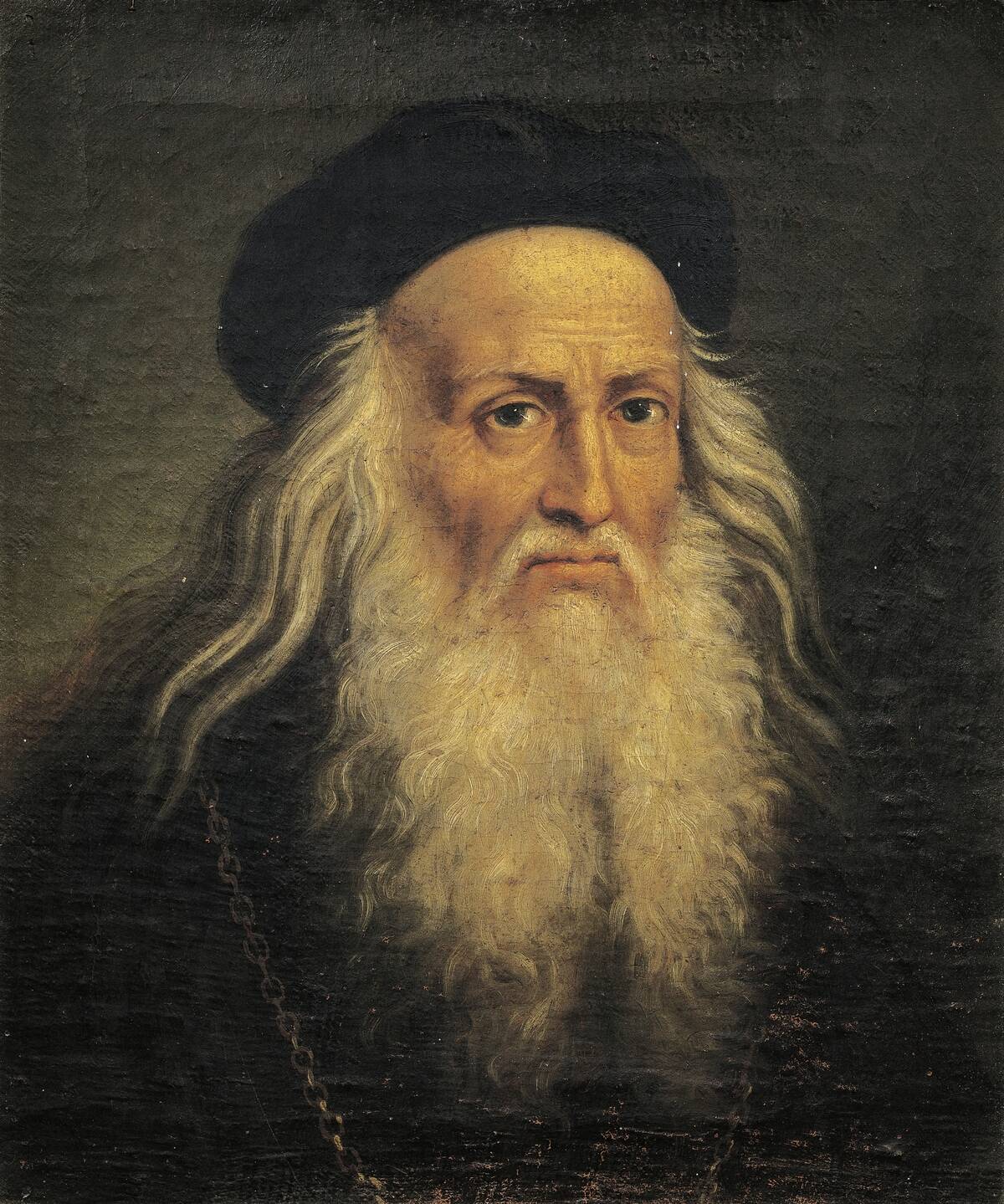
Leonardo da Vinci was the quintessential Renaissance man, excelling as an artist, scientist, and inventor. Among his most famous works is the Mona Lisa, a painting renowned for its enigmatic expression. Leonardo’s notebooks reveal his insatiable curiosity, filled with sketches of flying machines and anatomical studies. His innovative approach to art and science laid the groundwork for modern disciplines, making him a timeless figure of creativity and intellect.
Joan of Arc: The Maid of Orléans
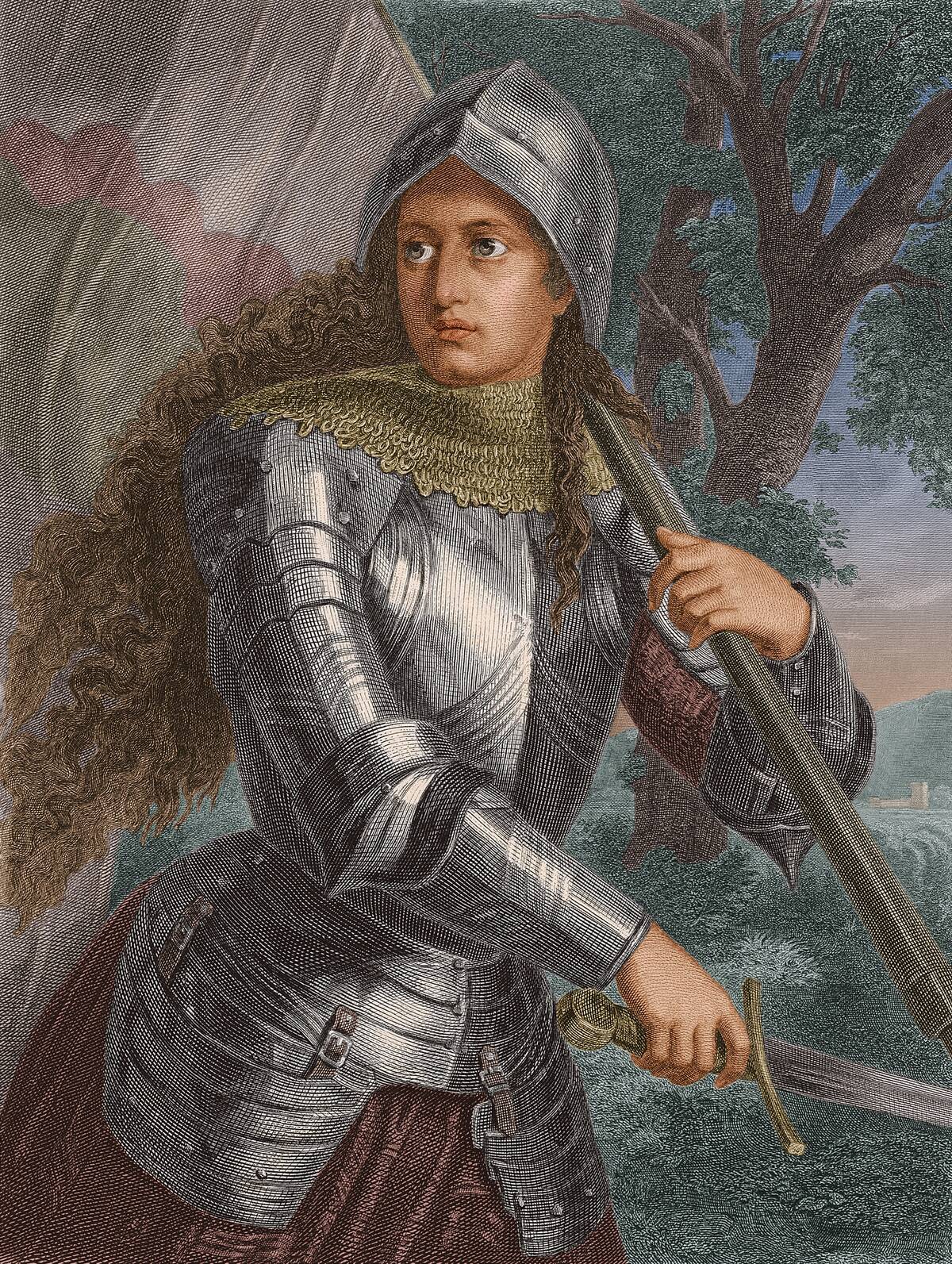
Joan of Arc, a peasant girl from medieval France, became a national heroine for her role in the Hundred Years’ War. Believing she was guided by divine voices, she led French troops to pivotal victories against the English. Captured and tried for heresy, Joan was martyred at the age of 19. Her resilience and faith inspired the French people, and she was canonized as a saint in 1920, cementing her legacy as a symbol of courage and conviction.
Galileo Galilei: The Starry Messenger
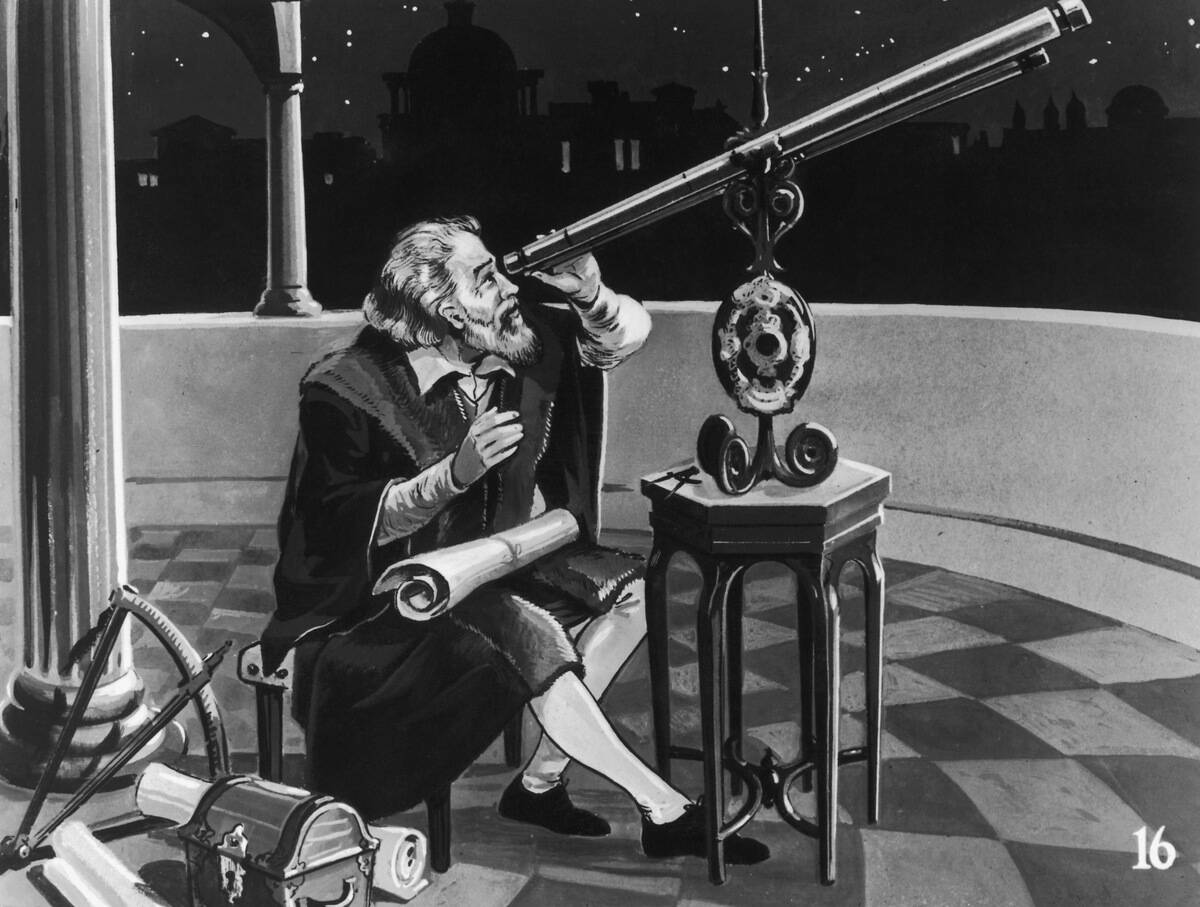
Galileo Galilei, often called the “father of modern observational astronomy,” revolutionized our understanding of the cosmos. His improvements to the telescope allowed him to observe celestial phenomena, such as the moons of Jupiter and the phases of Venus. Galileo’s support for the heliocentric model famously put him at odds with the Catholic Church, leading to his house arrest. Despite this, his contributions laid the foundation for future astronomical discoveries and scientific inquiry.
Marie Curie: Pioneer of Radioactivity
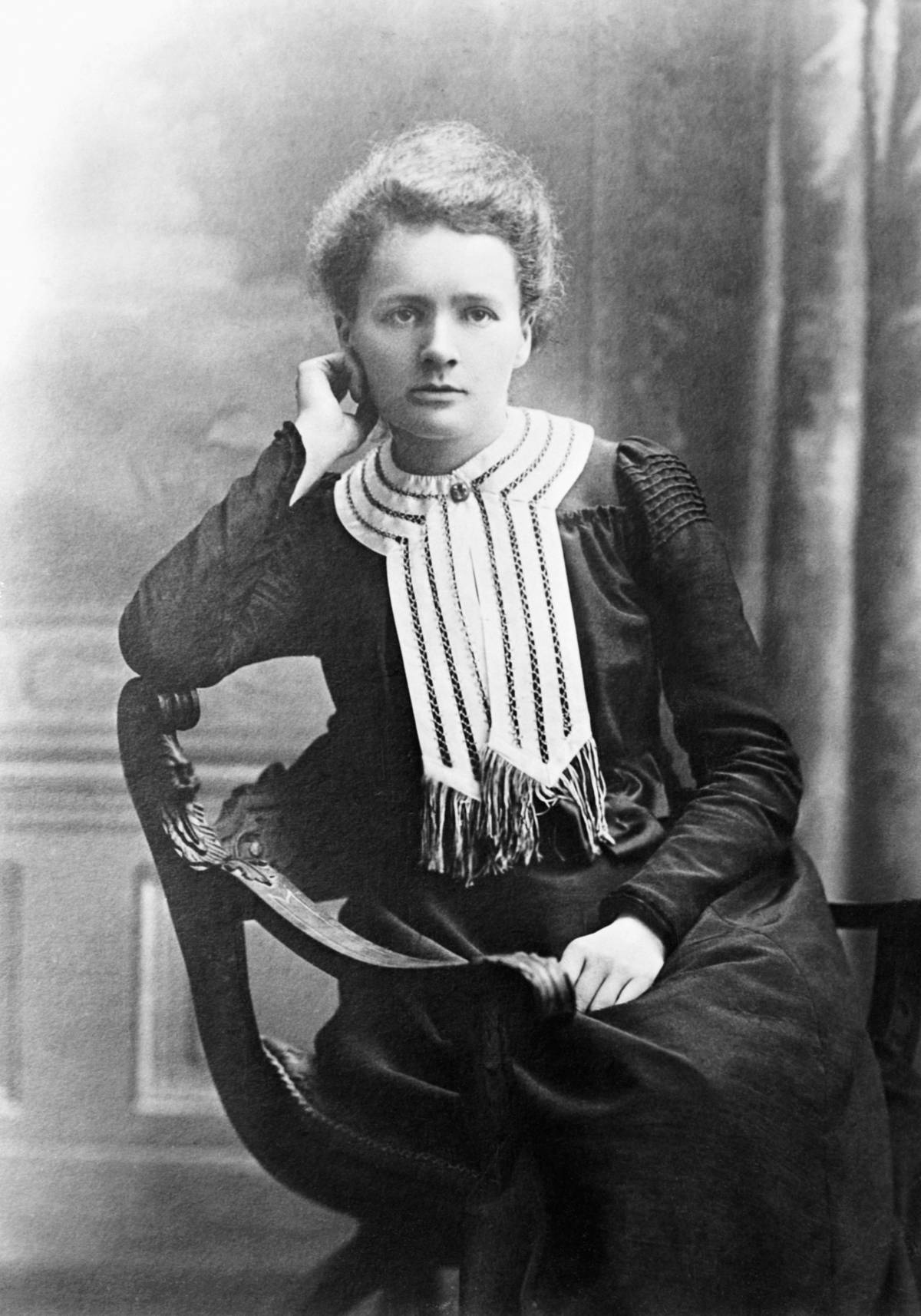
Marie Curie made history as the first woman to win a Nobel Prize and remains the only person to win in two different sciences: physics and chemistry. Her groundbreaking research on radioactivity, a term she coined, led to the discovery of polonium and radium. Despite facing significant obstacles as a woman in science, Curie’s work profoundly impacted medical treatments and our understanding of atomic physics, establishing her as a trailblazer in her field.
Mahatma Gandhi: Champion of Peaceful Resistance
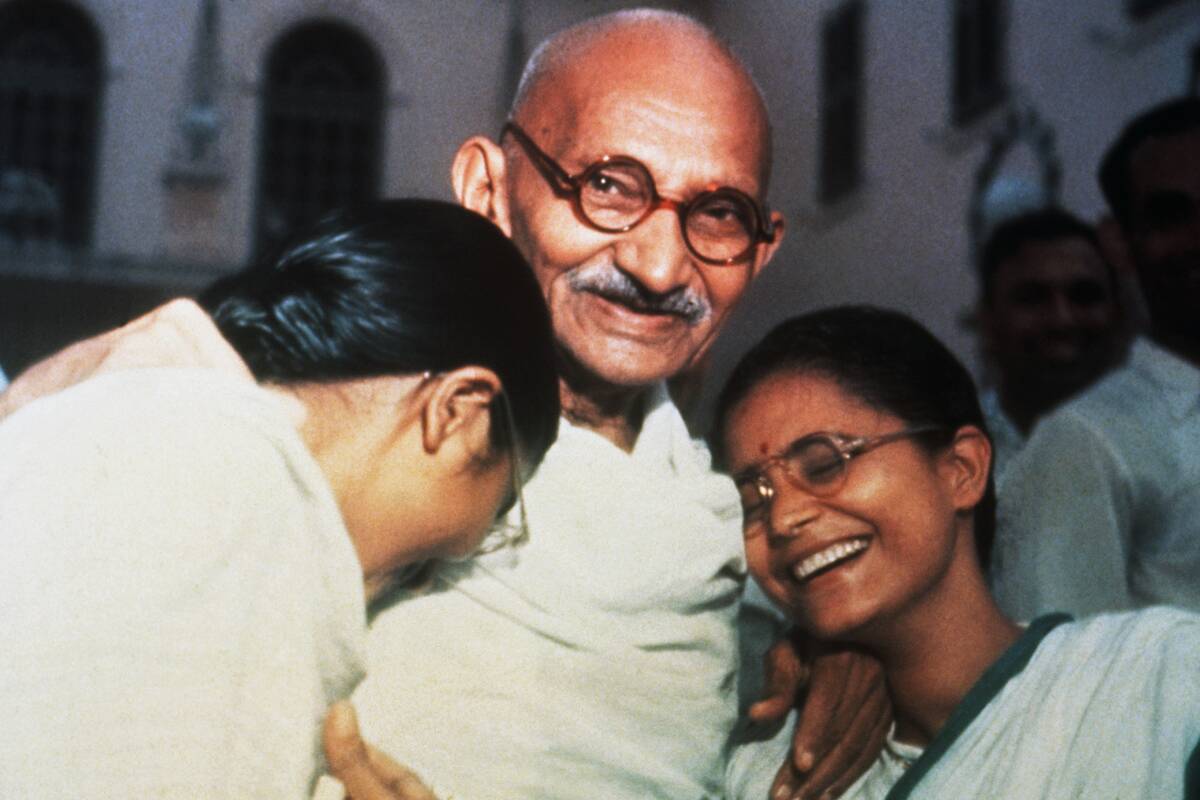
Mahatma Gandhi, renowned for his philosophy of nonviolent resistance, played a crucial role in India’s struggle for independence from British rule. His commitment to truth and nonviolence, known as ‘satyagraha,’ inspired movements for civil rights and freedom across the globe. Gandhi’s leadership and moral integrity left an enduring legacy, demonstrating the power of peaceful protest in achieving social and political change.
Ada Lovelace: The First Computer Programmer
![Portrait Of [redacted]](https://media.tellmebest.com/wp-content/uploads/2023/08/portrait-of-ada-byron-24732.jpeg)
Ada Lovelace, an English mathematician, is often regarded as the world’s first computer programmer. Working alongside Charles Babbage on his Analytical Engine, she conceptualized algorithms that could be executed by machines. Lovelace’s visionary insights anticipated the future potential of computers beyond mere calculation. Her work laid the groundwork for modern computing, earning her a place as a pioneer in the history of technology.
Abraham Lincoln: The Great Emancipator
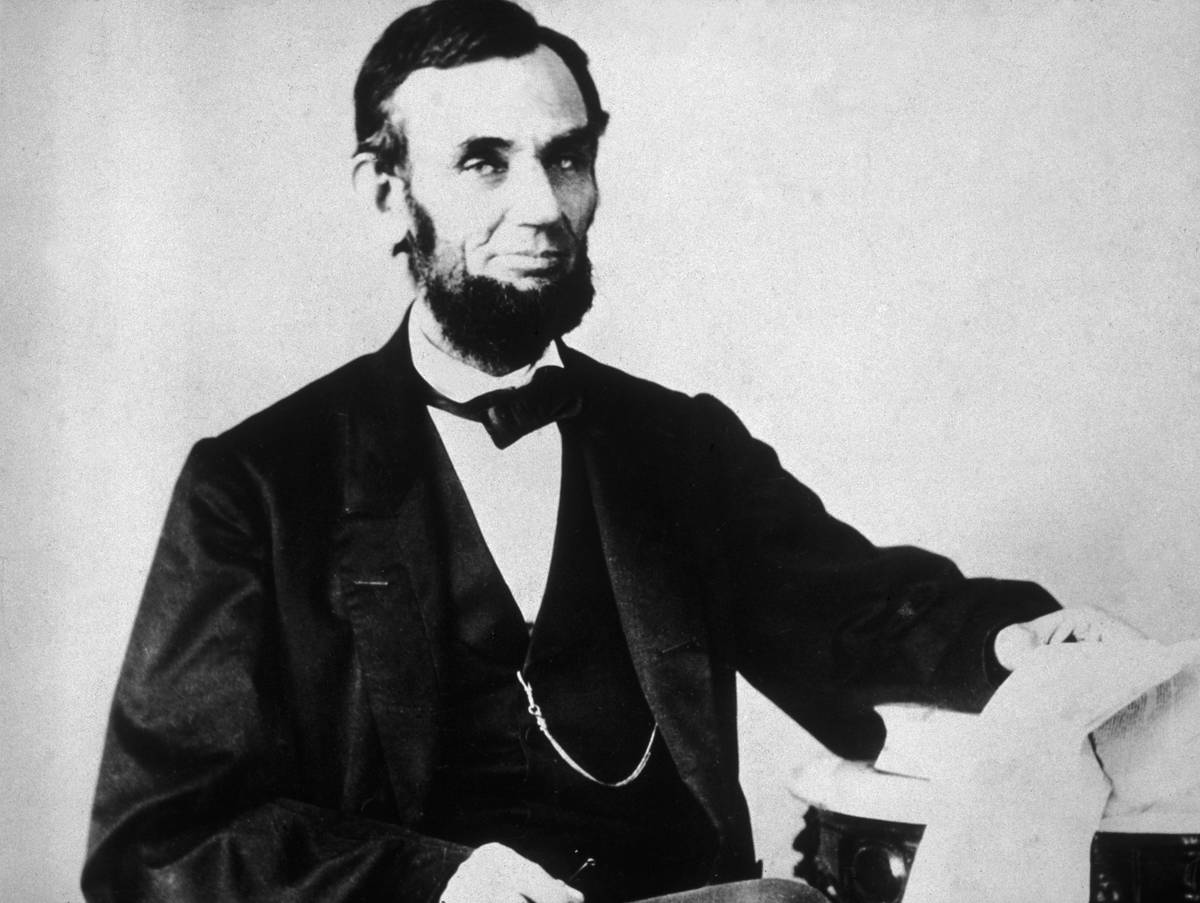
Abraham Lincoln, the 16th President of the United States, is best remembered for his leadership during the Civil War and his efforts to abolish slavery. His Emancipation Proclamation in 1863 declared all slaves in Confederate-held territory free, a landmark step towards the abolition of slavery nationwide. Lincoln’s dedication to unity and equality continues to shape America’s national identity, making him a revered figure in the fight for justice and liberty.
Rosa Parks: Mother of the Civil Rights Movement
![[redacted]](https://media.tellmebest.com/wp-content/uploads/2023/10/rosa-parks-97954.jpeg)
Rosa Parks, an African American civil rights activist, sparked a pivotal moment in the American Civil Rights Movement when she refused to give up her bus seat to a white passenger in 1955. Her act of defiance led to the Montgomery Bus Boycott, a key protest against racial segregation. Parks’ courage and perseverance became a symbol of the fight against racial injustice, earning her the title of “Mother of the Civil Rights Movement.”
Albert Einstein: The Relativity Revolution
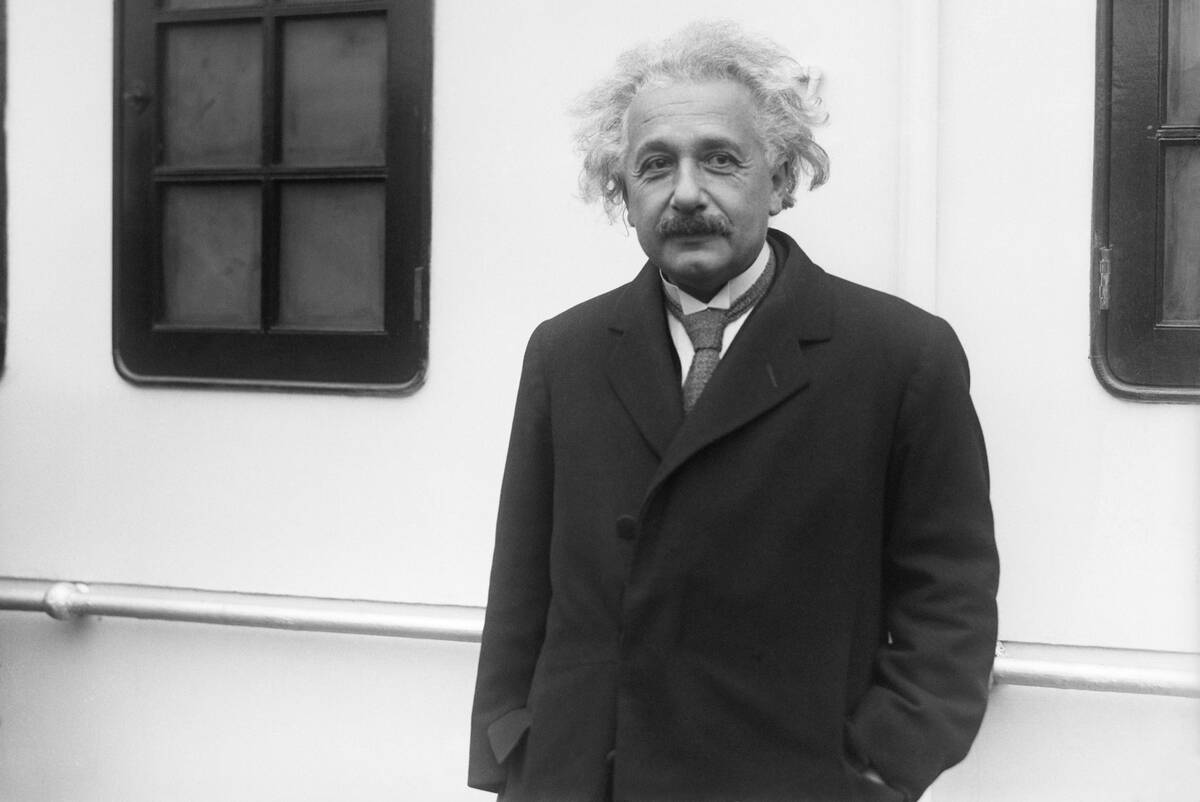
Albert Einstein, a theoretical physicist, transformed our understanding of time and space with his theory of relativity. His famous equation, E=mc², established the relationship between mass and energy, paving the way for significant advancements in nuclear physics. Einstein’s work earned him the Nobel Prize in Physics in 1921, and his theories continue to influence scientific research and our comprehension of the universe.
Florence Nightingale: The Lady with the Lamp
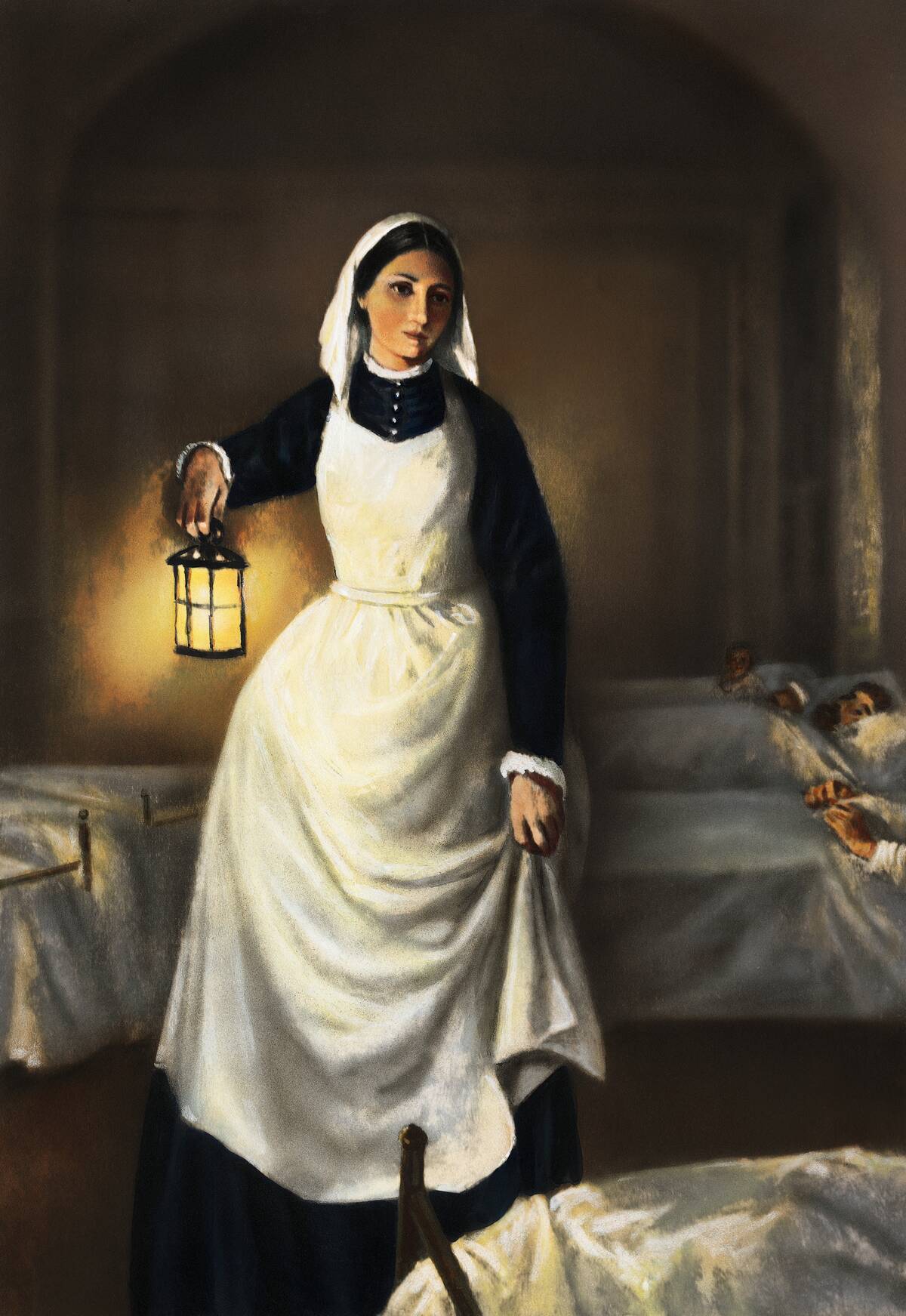
Florence Nightingale, known as the founder of modern nursing, revolutionized healthcare practices during the Crimean War. Her dedication to improving sanitary conditions and patient care dramatically reduced mortality rates. Nightingale’s pioneering work in nursing education and her emphasis on hygiene set new standards in medical care, earning her the moniker “The Lady with the Lamp” for her compassionate service during night rounds.
Nikola Tesla: The Wizard of Electricity
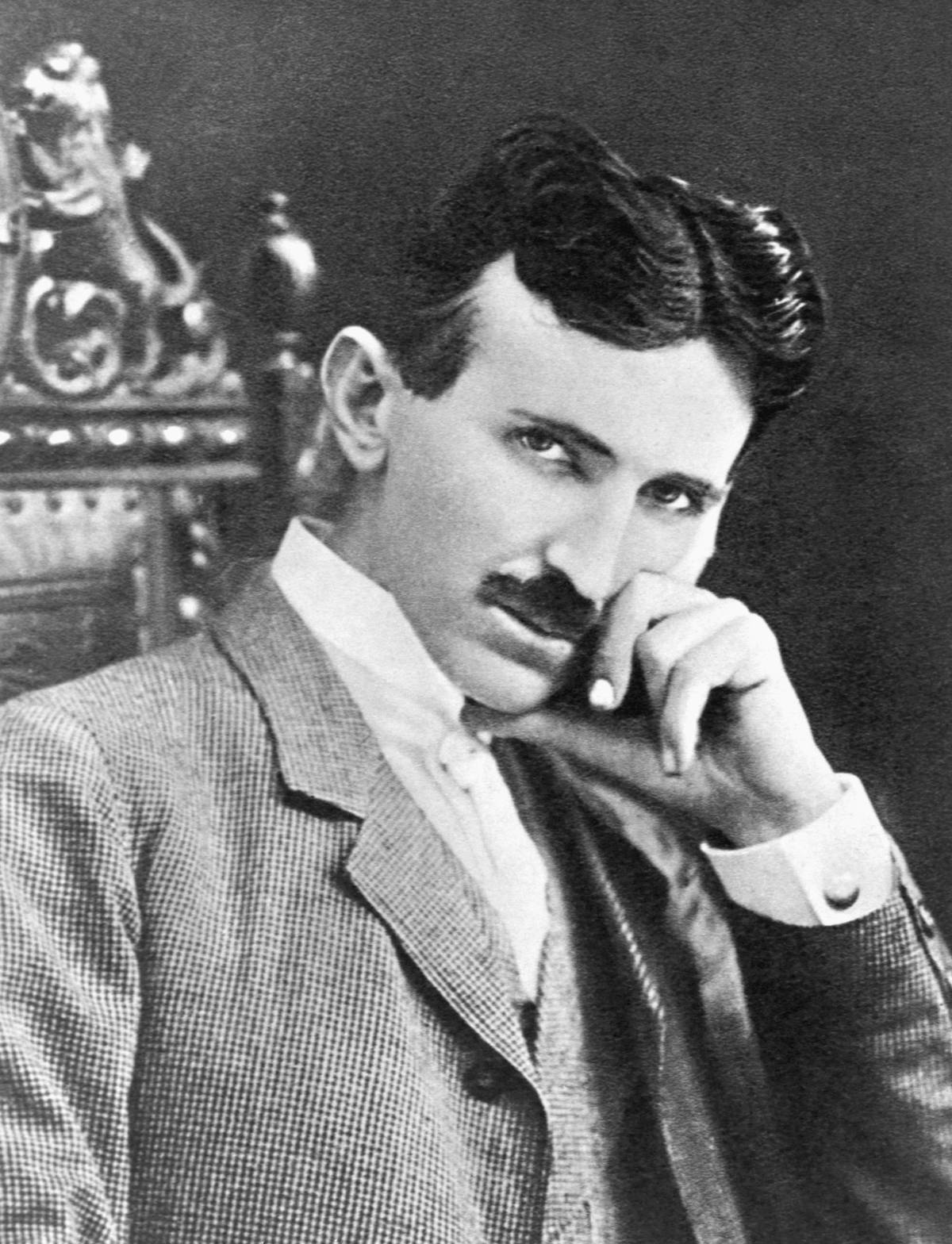
Nikola Tesla, a Serbian-American inventor and engineer, made groundbreaking contributions to the development of alternating current (AC) electrical systems. His innovations in wireless communication and electromagnetism laid the foundation for modern technologies. Despite facing financial difficulties and fierce competition, Tesla’s visionary ideas and inventions revolutionized the electrical industry, earning him the reputation of a genius and “Wizard of Electricity.”
Harriet Tubman: The Conductor of the Underground Railroad
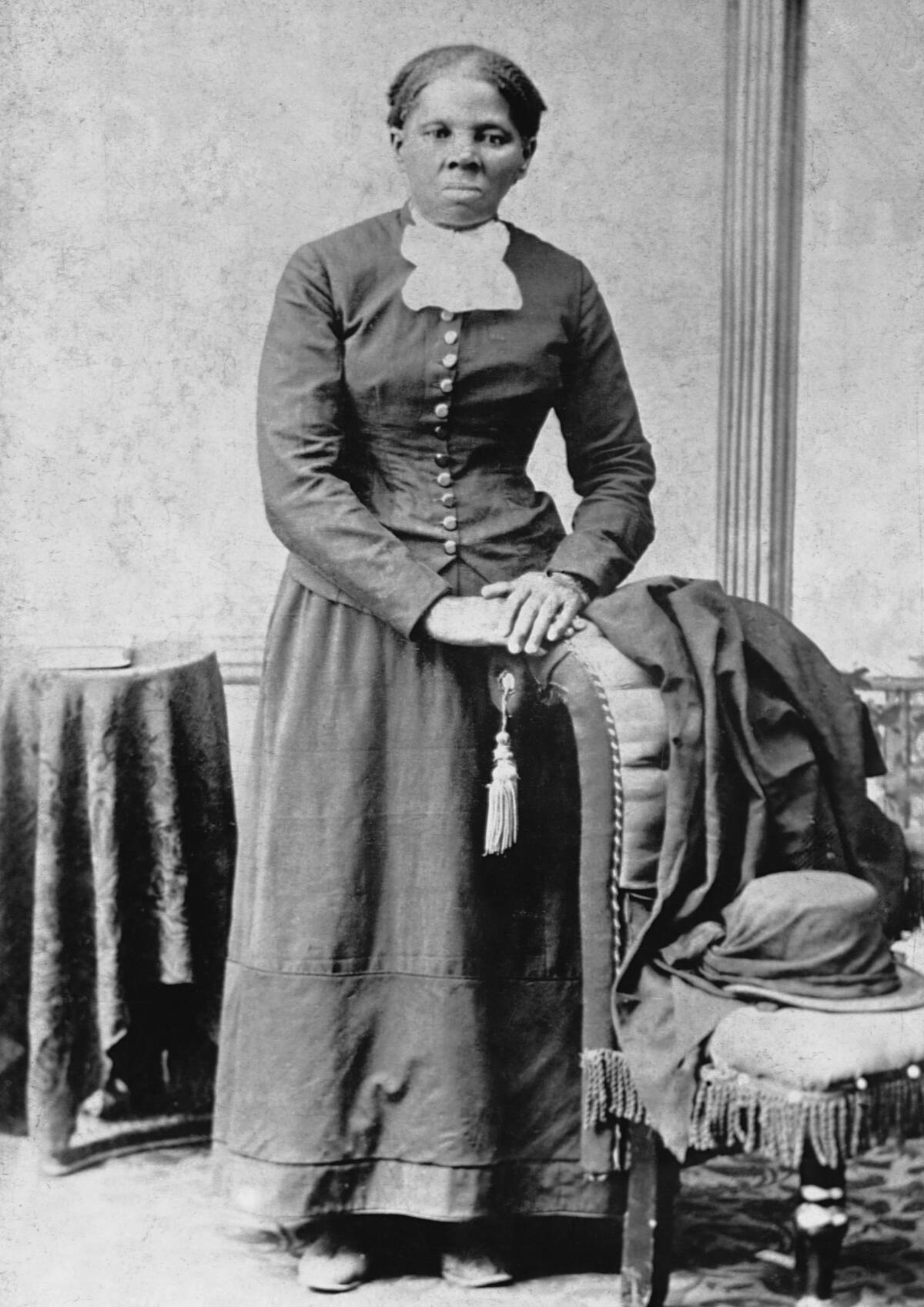
Harriet Tubman, born into slavery, became a leading figure in the Underground Railroad, helping hundreds of enslaved people escape to freedom. Her courage and ingenuity as a conductor earned her the nickname “Moses.” Tubman’s unwavering commitment to liberty and equality extended beyond her rescue missions; she also served as a spy and nurse during the Civil War, leaving an enduring legacy of heroism and humanitarianism.
Martin Luther King Jr.: A Dream for Equality
![Reverend [redacted]](https://media.tellmebest.com/wp-content/uploads/2023/07/reverend-dr.-martin-luther-king-jr-10010.jpeg)
Martin Luther King Jr., a prominent leader in the American Civil Rights Movement, is celebrated for his advocacy of nonviolent protest and his iconic “I Have a Dream” speech. His leadership in the Montgomery Bus Boycott and the March on Washington for Jobs and Freedom were pivotal in advancing civil rights legislation. King’s vision of racial equality and social justice continues to inspire movements for change worldwide.
Amelia Earhart: Queen of the Air
![[redacted]](https://media.tellmebest.com/wp-content/uploads/2023/08/amelia-earhart-21374.jpeg)
Amelia Earhart, an aviation pioneer, broke new ground as the first woman to fly solo across the Atlantic Ocean in 1932. Her daring flights and determination challenged traditional gender roles, inspiring women to pursue careers in aviation and beyond. Despite her mysterious disappearance during an attempt to circumnavigate the globe, Earhart’s legacy as a trailblazer in aviation endures, symbolizing courage and the spirit of adventure.
Nelson Mandela: The Father of a Nation
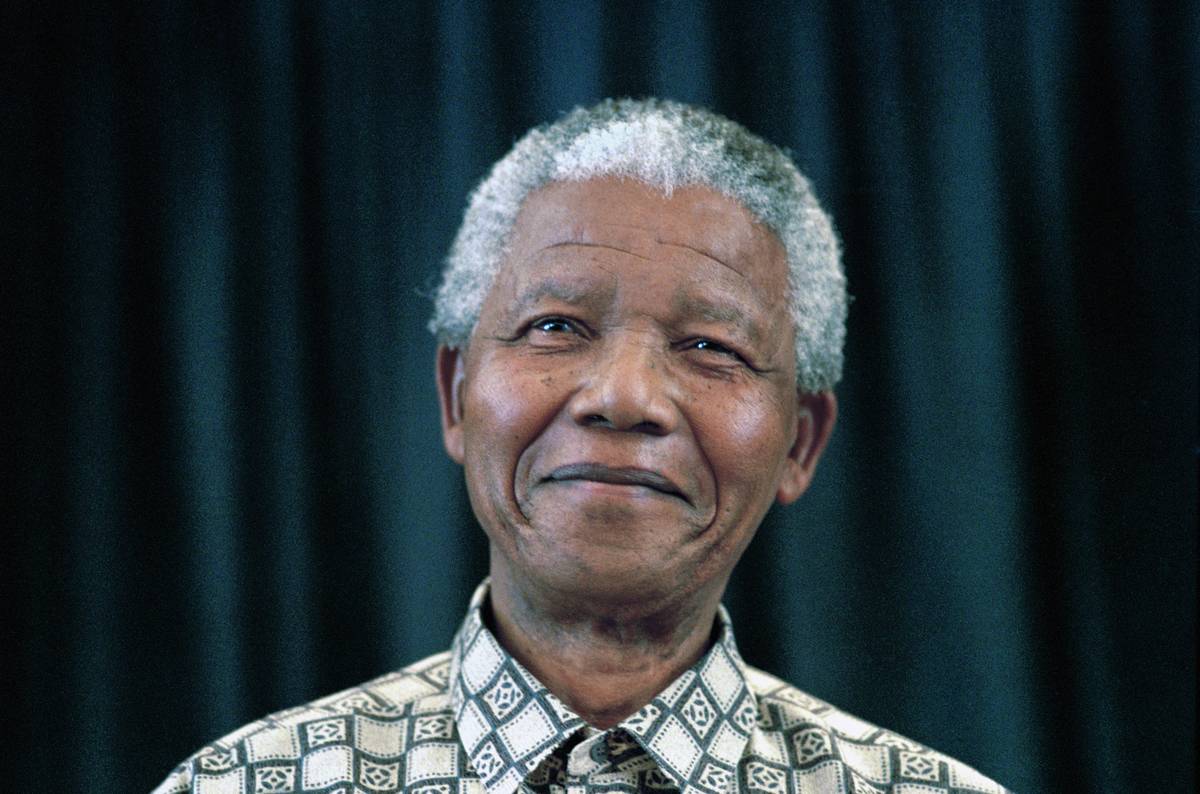
Nelson Mandela, South Africa’s first black president, is revered for his leadership in dismantling apartheid and fostering reconciliation. Imprisoned for 27 years for his anti-apartheid activism, Mandela emerged as a global symbol of resistance and forgiveness. His presidency marked a new era of democracy and equality in South Africa. Mandela’s legacy as a champion of justice and human rights continues to inspire people around the world.



